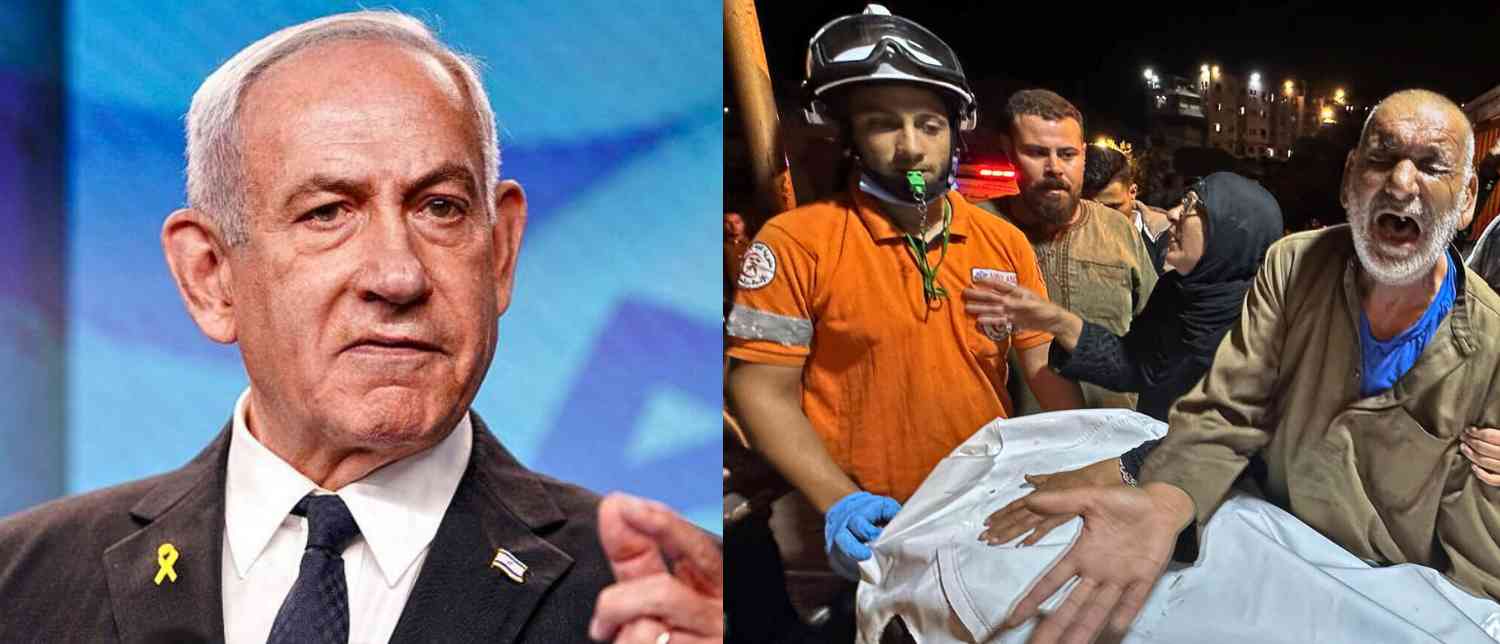Israeli Prime Minister Benjamin Netanyahu has ordered powerful airstrikes on Gaza after accusing Hamas of attacking Israeli forces and violating a fragile ceasefire agreement, leading to renewed violence in the region less than three weeks after a truce was brokered. These strikes have resulted in significant casualties in Gaza and raised concerns about the future stability of the ceasefire.
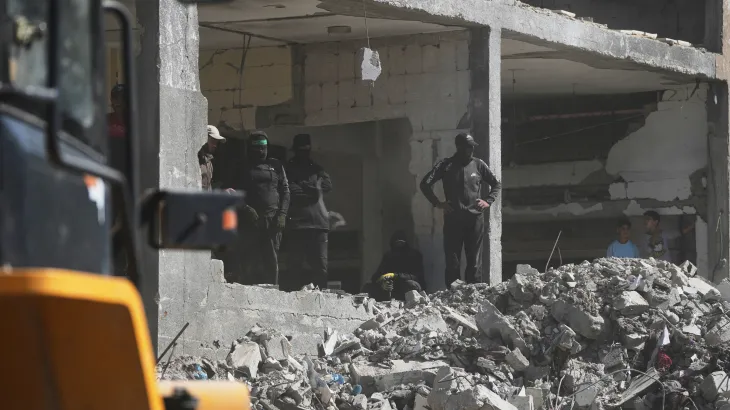
The ceasefire, established on October 10, 2025, aimed to halt the long-standing conflict between Israel and Hamas, which escalated following Hamas-led attacks in October 2023. The deal included provisions for the exchange and return of hostages and their remains, with the hope of reducing hostilities. However, disputes over the return of deceased hostages' bodies and accusations of ceasefire violations have frayed the pact.
Netanyahu's order followed an incident in Rafah, southern Gaza, where Israeli forces said they were fired upon by Hamas militants—though Hamas denied involvement, claiming its fighters were not responsible for the shooting. In response, Israeli airstrikes targeted multiple areas, including Gaza City, Khan Younis, and Deir al-Balah, killing at least 30 Palestinians according to Gaza’s civil defense agency. These strikes also included an attack near Gaza's largest hospital, highlighting the suffering of civilians and the risk to humanitarian facilities.
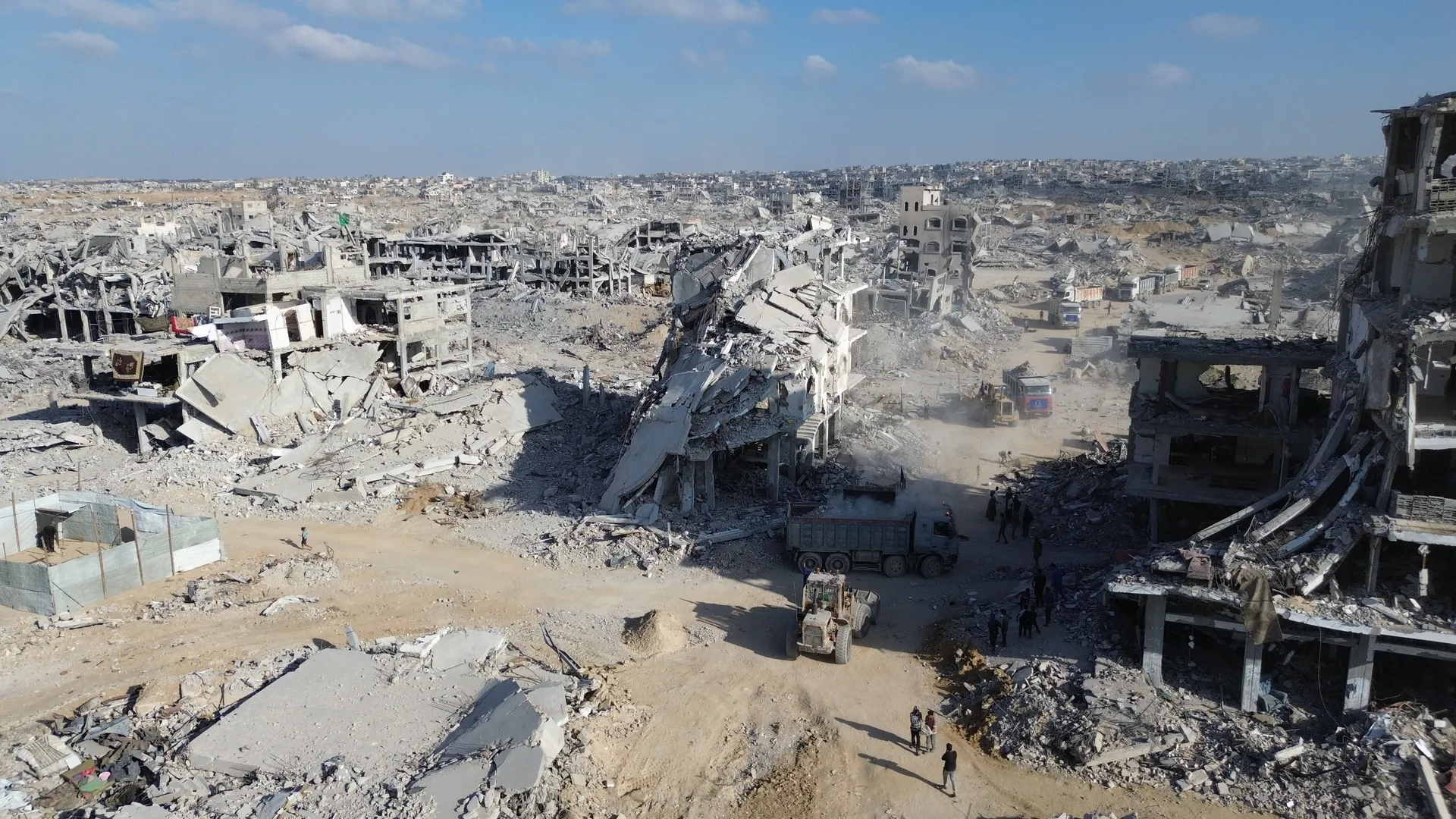
This flare-up reflects the complex and volatile nature of the conflict, where even a carefully negotiated ceasefire can be vulnerable to collapse amid deep mistrust and ongoing violence. Both sides accuse each other of violating the truce, and the situation is complicated by the ongoing humanitarian crisis in Gaza. The population there faces shortages of food, medicine, and shelter, worsened by restrictions on aid deliveries.
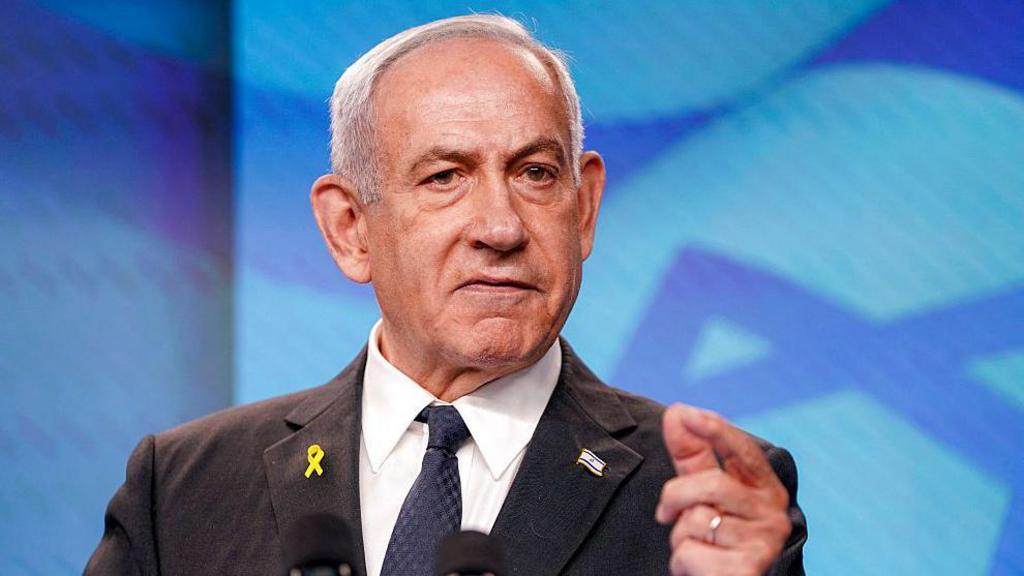
From a broader perspective, these developments highlight the challenges of maintaining peace in regions with entrenched conflicts. The ceasefire, brokered with significant international involvement, especially by the United States during the Trump administration, was seen as a hopeful step. Yet, the recent airstrikes show how fragile such agreements can be when deep grievances and security concerns persist on both sides.
Notably, U.S. leaders have expressed support for the ceasefire despite the skirmishes, emphasizing the importance of preventing a larger conflict while recognizing Israel's right to respond to attacks on its soldiers. This balancing act underscores the international community's difficult role in mediating peace and stability.
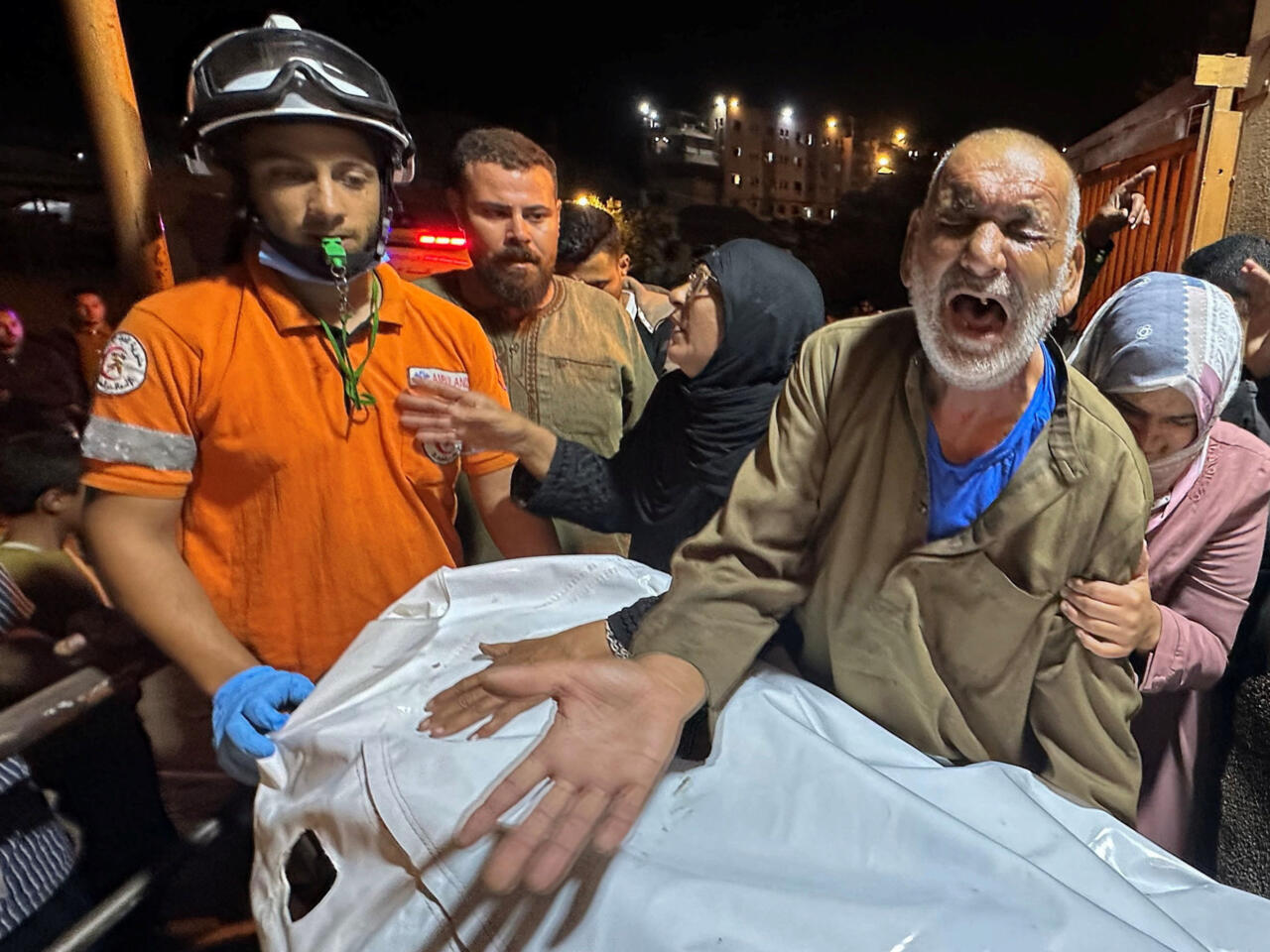
In conclusion, the resumption of airstrikes following Netanyahu's directive marks a troubling setback for peace efforts in the Israel-Gaza conflict. While Israel asserts the need for a strong response to security threats, the impact of airstrikes on civilians and infrastructure in Gaza raises urgent concerns about the humanitarian situation. The path forward requires cautious diplomacy, respect for ceasefire agreements, and attention to the human cost borne by ordinary people caught in the conflict.
With inputs from agencies
Image Source: Multiple agencies
© Copyright 2025. All Rights Reserved. Powered by Vygr Media.

